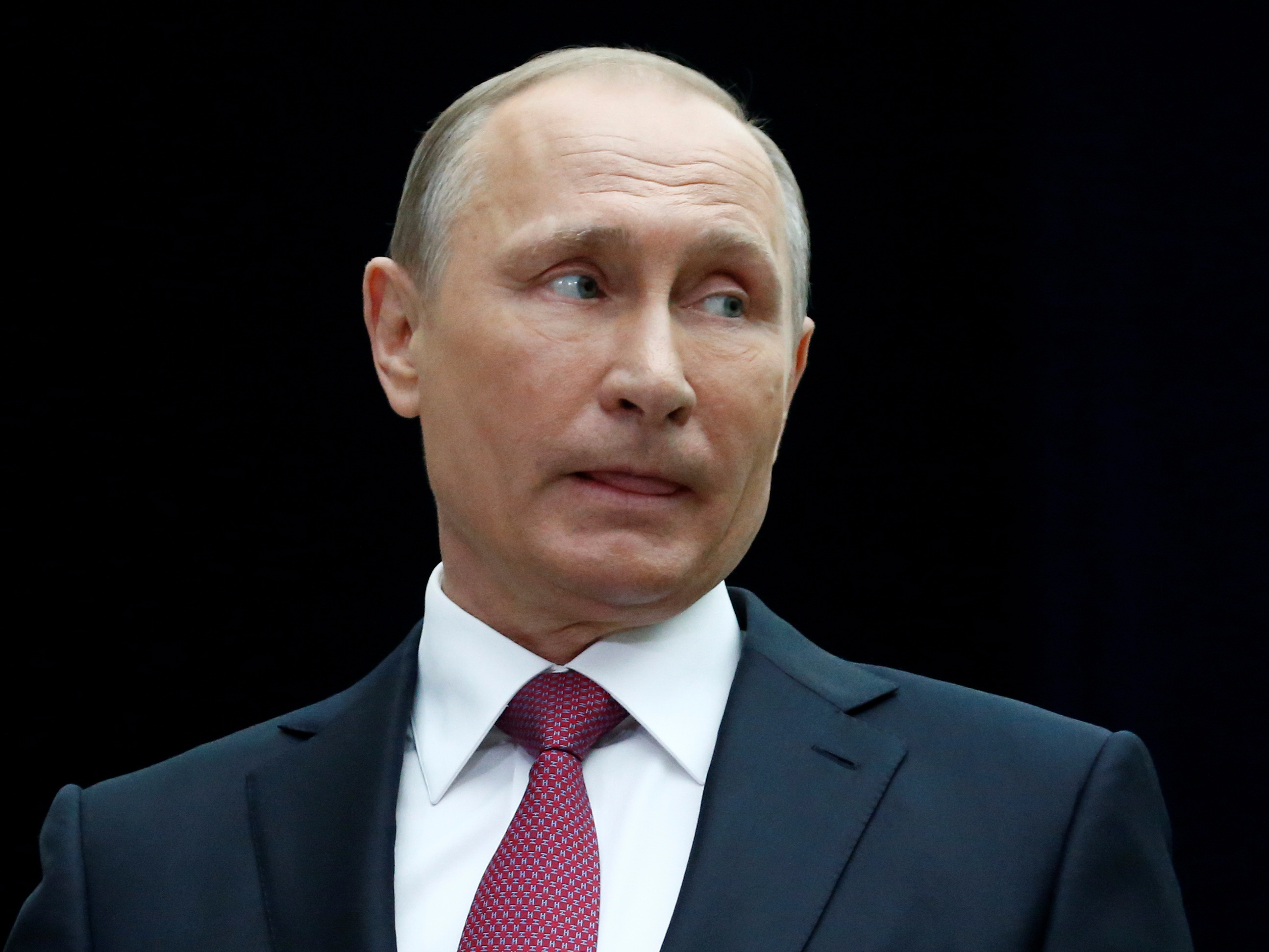- Protests swept across Russia on Monday The US Senate passed a bill that would tighten sanctions on Russia These developments will have an impact on how Russia’s oil strategy plays out
Oil watchers have mostly focused on the Middle East and the United States in recent months, but this week saw two notable developments for the third major energy behemoth, Russia.
On Monday, protests against corruption swept across the country in over 100 cities. The protests were organized by the social media-savvy opposition leader Alexei Navalny. Over 1,000 protesters were reportedly detained.
Then, on Wednesday, the US Senate voted 97-2 to pass a measure that would tighten sanctions on Russia, and prevent the White House from unilaterally easing or removing the sanctions imposed earlier by the Obama administration. (The only two opposing votes were Republican Sens. Mike Lee and Rand Paul.)
These two events could have consequences for oil. Russia is nearing presidential elections, and the government is likely keen to minimize social unrest leading up them. And so, as the hope for near-term sanctions relief deteriorates and new oil development becomes more difficult, analysts argue Russia will likely remain one of the key drivers of the OPEC/non-OPEC production cuts, which aim to keep oil prices higher.
Protests and presidential elections
“It certainly was not the best week ever for Russian President Vladimir Putin with new public protests breaking out at home and the US Senate moving to entrench economic sanctions,” said Helima Croft, the head of commodity strategy at RBC Capital Markets, in a note.
Monday's protests followed an earlier wave that took place in March 2017, which were some of the biggest demonstrations in years. Analysts said the geographic spread of the protests and the fact that many of the protestors were young were striking.
Meanwhile, the sanctions bill still needs to pass the House and be signed by US President Donald Trump to become law. Nevertheless, it could have implications for US-Russia relations and Russian energy.
And that, in turn, could have implications for the March 2018 Russian presidential election. Putin has not officially announced whether he is running, although virtually everyone expects he will.
"The oil price imperative seems especially strong now that sanctions relief looks ever more elusive," Croft said. "We continue to see the need to ensure a successful electoral outcome with minimal social strife as a key driver of Russian energy policy and their willingness to co-pilot the OPEC/non-OPEC production cuts."
The OPEC deal
OPEC and non-OPEC producers recently agreed to extend production cuts through March 2018. Notably, Saudi Arabia and Russia together said they favored the extension before the official OPEC meeting.
OPEC and several other major producers (but not the US) agreed to cut production back in November 2016. The cut reflected producers' desires to end the global supply glut, which has kept oil prices depressed for over two years and increased financial stresses for producers at home.

Sanctions and the future of Russian oil
Meanwhile, the bipartisan sanctions measure would require the president to inform Congress before taking any action that could alter US foreign policy with regard to Russia, including changes to the sanctions imposed by former President Obama in response to Russia's annexation of Crimea in 2014 and meddling in the 2016 presidential election.
"If the legislation passes the House, Russian sanctions will more closely resemble Iranian ones and the President's room to maneuver in this sphere will be circumscribed," Croft explained.
Throughout the campaign, Trump advocated improving relations with Russia.Immediately after his election, analysts believed that there was a possibility that the sanctions imposed on Russia over Ukraine could be lifted. Russian equities climbed and the ruble was among the best-performing currencies at the time.
The new bill also expands sanctions in two ways, which will hamper Russia's ability to develop "next-generation" oil resources, Edward Fishman, a fellow at the Atlantic Council, explained in a post.
The current sanctions leveled on Russia by the Obama administration include the prohibition of technology transfers for Russian energy projects in the Arctic, Siberia, and the Black Sea. They also prohibit dealings with state oil company PAO Rosneft CEO Igor Sechin. However, the new bill would extend sanctions to Russian companies more broadly.
The measure "brings projects in which Russian companies are involved - regardless of where they are located - under the purview of sanctions. That means Russian companies will be denied the opportunity to amass expertise in advanced drilling techniques by learning from Western partners," Fishman explained.

Additionally, the bill "requires the executive branch to impose sanctions on foreign firms that make significant investments in next-generation Russian oil projects," Fishman added. "This provision - a classic case of secondary sanctions - will discourage companies around the world from investing in Arctic offshore, deepwater, and shale oil projects in Russia, diminishing the risk that lost US business will be backfilled by foreign competitors."
"Taken together, the energy sanctions in the bill will likely block Russia's development of next-generation oil resources, which can take many years to develop, for as long as the sanctions are in place," he explained. "For Russia's oil-dependent economy, this is a big deal."
The Russian ruble was down by 0.7% at 57.8543 per dollar, while Brent crude oil, the international benchmark, was down by 0.2% at $46.91 per barrel Thursday afternoon ET.

